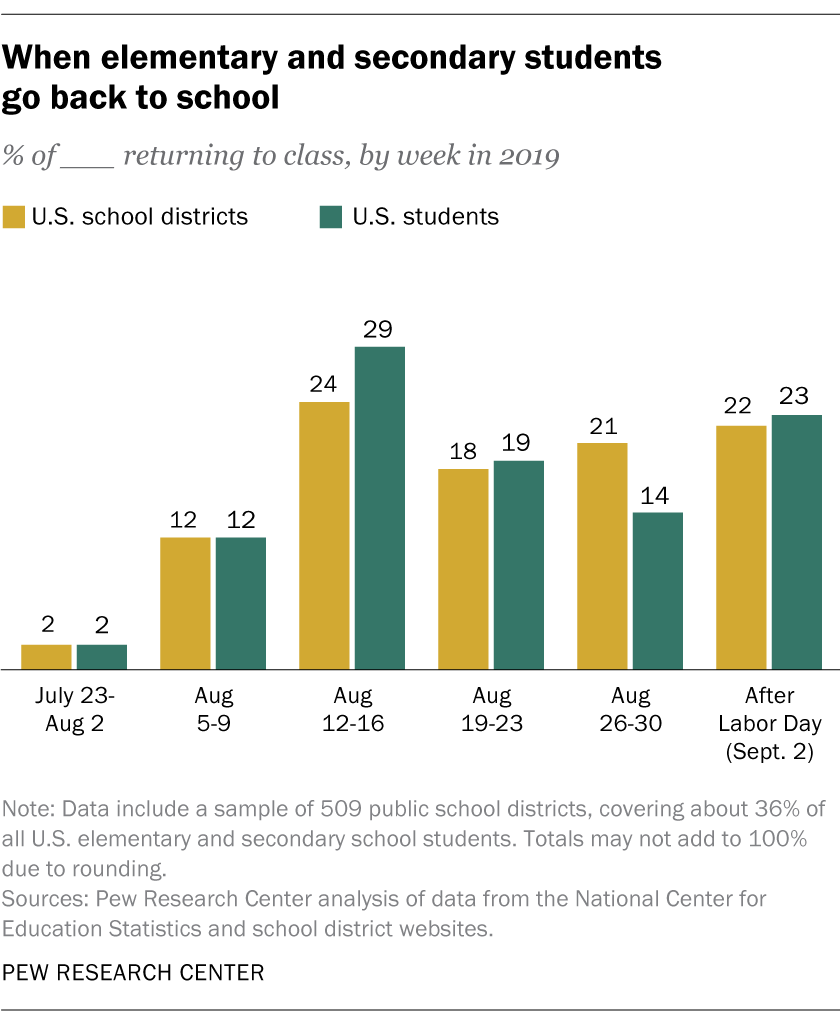A recurring theme in debates about people’s political education is the effect that schools and other educational institutions have on the influence of students’ political opinions. One of the theoretical objectives of education is the formation of politically active individuals. But to what extent does education and related political ideas?What is the nature of this relationship?
Throughout this article we will discuss the effects of formal education on political life. Obviously, education involves much more than is happening in purely academic life, but it is an important factor to consider. observed in this article are: political commitment, political attitude and political knowledge.
- Next.
- We’ll talk about the effects of education through three types of variables: (a) external variables that affect education and political ideas.
- (b) direct variables.
- (c) indirect variables.
When we talk about modulating variables, external or third parties in the context of statistics, we mean the external factor that causes a correlation between two variables, for example, the number of hospitals and prisons in a city has a correlation: cities that have more hospitals tend to have more prisons. This is due to a third variable that affects the other two: the size of the population.
In the case of talking about education and political ideas, there are external factors that affect these two variables, explaining part of their correlation, among these factors, the most relevant are: cognitive skills, personality and socioeconomic level.
In the case of cognitive skills, the relationship is quite obvious, superior verbal ability, good abstract reasoning, good memory and other skills help advance both formal education and political capacity, on the contrary, what can also happen is that cognitive reasoning skills are suppressed, so that a context develops in which there is no culture of political ideas.
As far as personality is concerned, it is important to understand that certain attitudes can affect education and political ideas, for example, all these predispositions to learn, curiosity to investigate go hand in hand with greater academic success, but also with a greater notion. politics.
Another key aspect is the socio-economic level, since political life and formal higher education are socially restricted areas, many people cannot study academically because they do not have the resources to do so, so those who have a low economic level generally do not spend time. to political life, either because they have been expelled directly from it or because they spend most of their time trying to survive by inserting themselves into a context of job precariousness.
Within the great variability that exists in formal education, we realize that depending on how education is organized, there are differences in political capacity, which shows us that the two variables have a direct relationship with each other, what specific aspects affect this relationship?The most relevant are: the content of the school curriculum and educational values.
Curriculum content can have a direct influence on the political knowledge acquired by students; for obvious reasons, direct instruction of political concepts generates future citizens with greater capacity to analyze the political context; In addition, the nature of these contents has significant significance. influence on the student’s political position. In other words, a politicized education that highlights the benefits of liberalism is likely to generate more people in tune with this trend.
Education with core values such as dialogue, debate and critical vision of facts is critical to training students in a political attitude; institutions based on these principles find positive correlations between students and political interest; if individuals receive a limited and hierarchical education, over time they become accustomed to dogmas and authority that go against a critical attitude in political analysis.
It is likely that the level of training achieved by a given person will end up conditioning several aspects of their life: it is generally not the same to start a career after completing compulsory schooling and to do the same after completing the doctorate. of these changes brought about by education will also shape people’s political attitudes. On the other hand, the most important indirect variables between education and political ideas are: the social position, the concept of itself and the nature of the opportunities encountered.
One way or another, when society looks at individuals, it values the positions of others; in fact, society has a lot of stereotypes that result in a categorization with a different valuation for those with a high or low level of education. make the higher the level of education, the greater its political influence.
In this sense, everything we learn throughout our academic life influences our perception of ourselves, our gaze on ourselves. This self-concept will create a predisposition for us to categoric in the group of people who have a level of education similar to ours. Therefore, the groups in which subjects have the most academic success are the most socially accepted in political life.
Finally, a higher education level generally offers a greater number of opportunities, so depending on each other’s individual opportunities, there will be more or less opportunities for political activities.
The relationship between education and political ideas can be seen from many points of view, but not all take into account the essential information to ensure that in our society there are politically active and highly competent people, the main objective should be to reach a point where politics is not limited to a social or economic level. In this way, political systems are more likely to be truly representative and move towards the realization of the general interests of the population as a whole.

